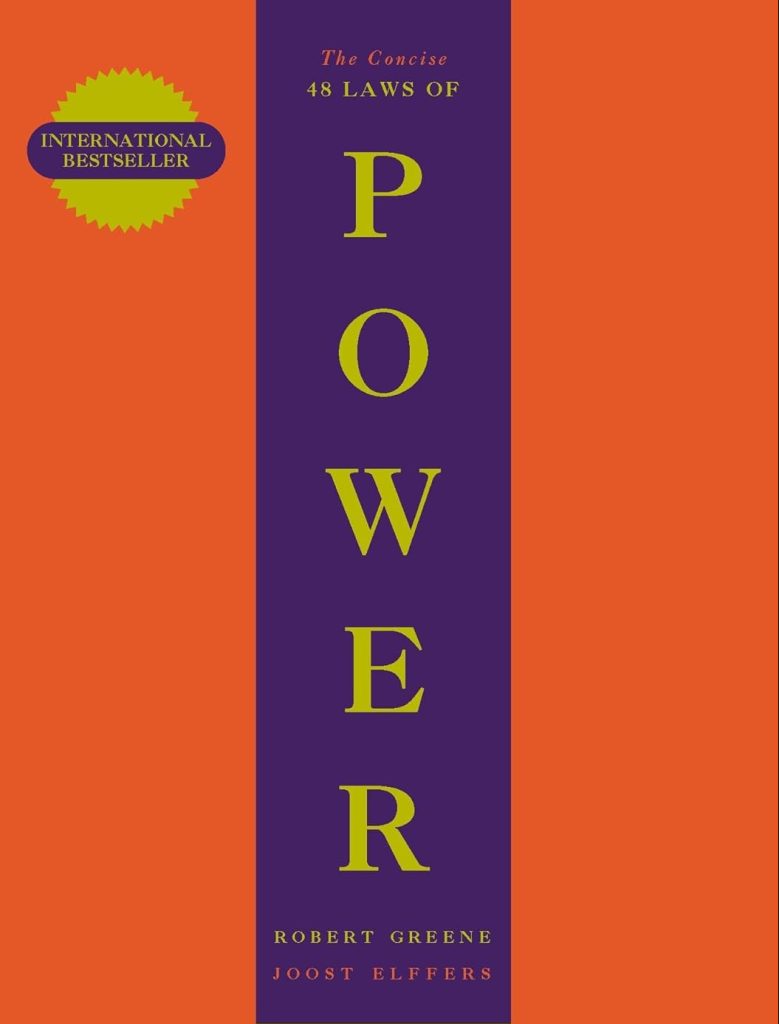The “48 Laws of Power” is a book written by Robert Greene that discusses different strategies for gaining and maintaining power. Some people think it’s evil because it teaches tactics that can be seen as manipulative or unethical.

Is The 48 Laws of Power an Evil Book?
The “48 Laws of Power” by Robert Greene isn’t necessarily an evil book, but it’s controversial because some think it teaches sneaky and unethical ways to gain power. It’s like a guidebook that talks about how powerful people throughout history have behaved.
Some of the laws in the book might seem kinda mean or tricky. They talk about things like manipulating others or using them to get what you want. Critics say these ideas can lead to bad behavior and hurt people.
But others see the book differently. They think it’s more about understanding how power works and how to handle tough situations. It’s like learning from history and seeing what worked for different people.
So, whether it’s a good or bad book really depends on how you look at it and what you do with the advice it gives. Some folks might use it to do shady stuff, while others might just find it interesting to learn about human behavior and power dynamics.
Why People Think 48 Laws of Power Is Evil?
So, I just wrapped up reading “The 48 Laws of Power” by Robert Greene, and boy, oh boy, was it an eye-opener! Let me give you the lowdown on why some folks might consider this book a bit, well, controversial.
First off, Greene lays down some seriously cunning strategies for seizing and holding onto power. But here’s the thing: a lot of these strategies involve playing mind games, bending the truth, and basically doing whatever it takes to come out on top. And that can rub people the wrong way.
See, the book doesn’t exactly promote warm and fuzzy stuff like empathy and kindness. Instead, it’s all about putting yourself first and doing whatever it takes to get ahead. Some might call that selfish or even downright ruthless.
Plus, there’s this whole idea of exploiting people’s weaknesses to gain the upper hand. It’s like preying on their vulnerabilities for your own gain. Not exactly the stuff of heroes, right?
And let’s not forget about integrity. The book kinda throws that out the window in favor of pure power. So, if you’re all about doing the right thing, this might not be your cup of tea.
But here’s the kicker: following these laws can have some pretty nasty consequences. You might damage relationships, lose trust, or even find yourself in some serious hot water.
So, while “The 48 Laws of Power” is definitely a fascinating read, it’s not exactly everyone’s idea of a moral compass. But hey, knowledge is power, right? Just use it wisely.



Pingback: What Are The 48 Laws of Power - Books in Brain
Pingback: Forgotten Classics That Predict Modern Challenges